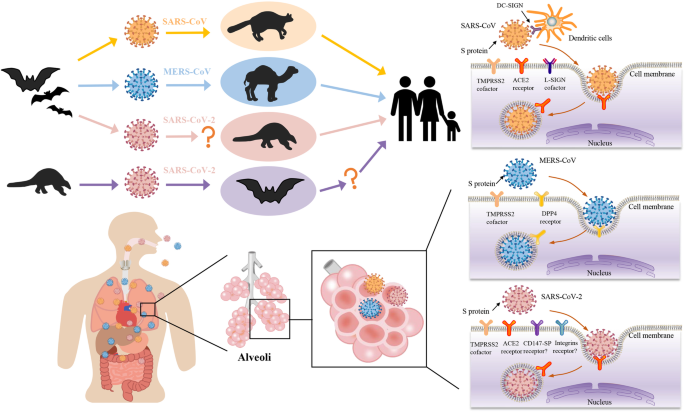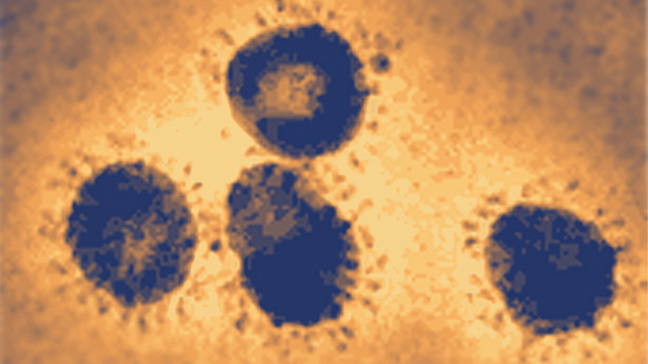
What is Sars? Severe acute respiratory disorder, or Sars, is an extremely contagious disease that rapidly spread around the globe in 2020. It is a virus that can cause flu-like symptoms in humans.
Sars was first diagnosed in China in the early 1980s. It has since been confirmed as a widespread health threat throughout Asia and Africa. Public health authorities around the globe have been scrambling to contain the epidemic. In addition to the United States, Sars is currently spreading in a number of other countries, including Vietnam, Thailand, India and Pakistan.
The virus causes a type of pneumonia in humans, which usually results from breathing in airborne particles like a cough, sneeze, or a burst nasal passage. This is when virus particles get into the airways that lead to the lungs. When the lungs are contaminated, it triggers a response of the immune system in the body that tries to fight off the illness. This leads to other organs of the body also being affected. Sars is caused by a group of coronaviruses, and a number of these viruses are not very serious, although they can be deadly if left untreated.
Since Sars is caused by a group of coronaviruses, the virus can spread through close contact with another person who is infected with Sars. People who are exposed to this virus and have not yet developed a chronic medical condition are more susceptible to developing Sars than those who have a chronic medical condition.
Sars symptoms are typically described as respiratory problems including fever, cough, chest pain and difficulty breathing. They also include having yellow-green mucus coming out of the nose, eyes, throat and mouth. Some people may also experience shortness of breath, chest pain and difficulty swallowing. Sudden fever or chills are also common symptoms of Sars.
The symptoms that come along with Sars can vary from person to person. In rare cases, there are signs and symptoms of meningitis or meningoencephalitis as well.
Sars can be difficult to diagnose and may go undetected for some time, depending on the site where you suspect that you or a member of your family has contracted the virus. The most important thing to remember when you are looking for signs and symptoms of Sars is to seek medical care right away to avoid other complications.

The most effective way to prevent spreading Sars is to avoid the virus itself
If you think you or someone in your family may have contracted Sars, be sure to visit a physician right away. The sooner you catch Sars, the faster you can get treatment.
There are many different ways to protect yourself against contracting the virus. One of the best ways is to avoid sharing any clothing, toys, bedding and clothing, including bedding and towels, that you may have had contact with an individual or group that has Sars. One of the primary ways that people contract Sars is through direct contact with an infected person's saliva.
Other ways that people contract the virus is through direct contact with an object contaminated by the virus such as toys. These objects that contain the virus are often the cause of many outbreaks of Sars in the United States. In many cases, people are infected with Sars when they accidentally swallow an object contaminated with the virus. In rare cases, the virus can be transferred by touching the surface of the infected object with a bare or wet hand.
The virus that causes Sars is not a dangerous one. It is not very contagious nor does it have any long term health consequences, although some people will experience a fever and cough for a few days after contracting Sars.
Sars is contagious and is transmitted through coughing, sneezing and kissing. So be aware of your environment to make sure that you are not allowing this virus to spread and that you and others are not spreading it.
Since this condition is so contagious, medical professionals are usually the only ones who are qualified to diagnose Sars and treat it. However, you and your doctor should keep a close eye out for changes in your health that may indicate Sars. to make sure you are healthy and are not at risk.